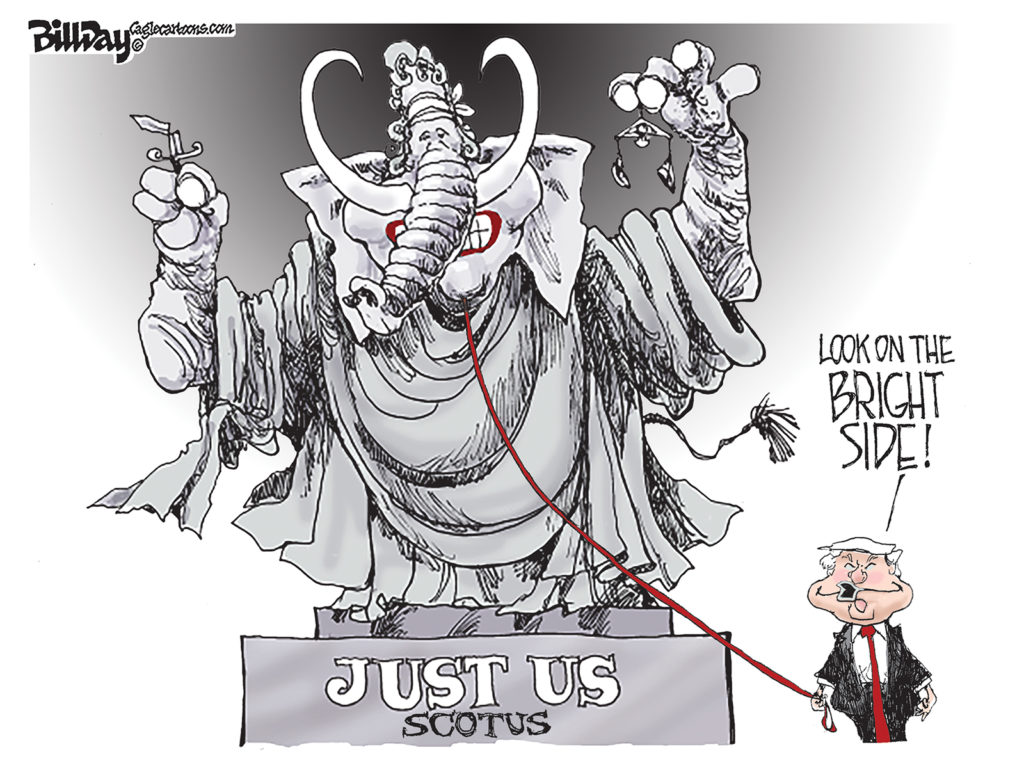Our recent commentary urging Memphis City Council to pass a living wage resolution produced some lively responses, so to get the best perspective of the issue, we went to the best expert on the subject, David Ciscel, the highly regarded professor of economics at University of Memphis.
In response to the questions of several readers, he wrote:
The issue of the living wage will always be contentious. It starts with the assumption that the market is doing a poor job at the low end of the labor market.
The idea of a living wage or a regional minimum wage is to level the playing field for all businesses that hire these types of employees. If one retail store or one restaurant has to pay more, then the others in the area are put at a relative advantage. Thus, a higher wage for everyone allows each person who works for living to live a decent life without subsidies and without harming local business.
Higher wages do several things for the community:
1. They improve human dignity — making sure everyone who works earns enough to live independently. Families or individuals with high wages invest in themselves and in their families. That way, the future allows them to find better jobs.
2. They increase the spendable income in the area. There is modest evidence that higher minimum wages actually increase sales and employment in retail trade and restaurants because local employees have more money. In Memphis, we have a lot of poor people. They don’t spend much. That leaves us all worse off. Higher wages help turn that around.
3. Higher wages force business innovations. High wages lead to innovations — often techniques that reduce labor needs. Low wage economies tend to be technologically backward.
You can’t solve all the problems in the world with a living wage or a higher minimum wage. But, in fact, the richer parts of our country have much higher wages. And they have better jobs. And they have healthier retail economies.
Where is the chicken and where in the egg in this chain of economic wealth? I’m not sure. But I do know that higher paid individuals spend more in whatever economy they live in.
Though I am an educator, I don’t think that the only criterion for pay should be number of degrees. Hard work and long hours should pay off. When it doesn’t, the market is not working properly.
Clearly, by creating the PILOT program for business investment in the community, the leadership of the community is clearly stating that the market will not, by itself, bring new jobs to Memphis. Similarly, we need to jump start higher incomes for individuals in our economy with a living wage.
Finally, a living wage needs to enacted for the whole region. But politically, you have to start somewhere.


